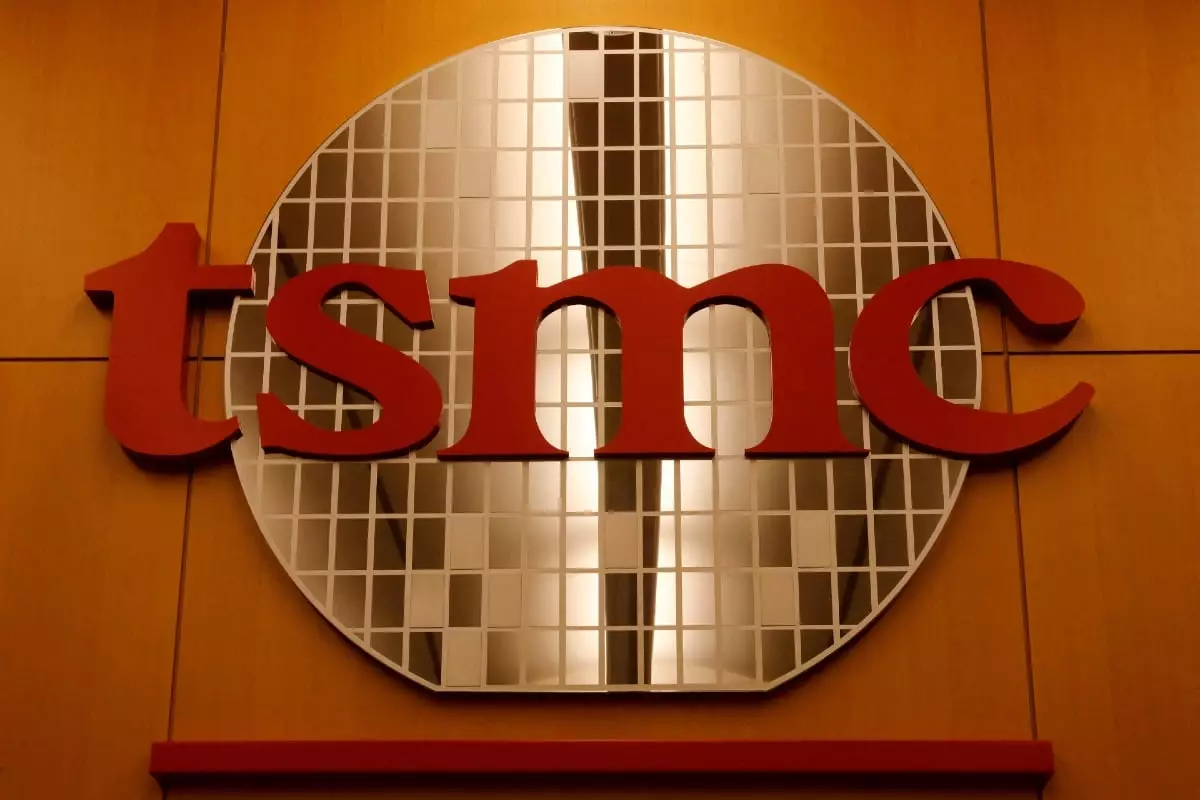The global semiconductor landscape seems to be navigating through increasingly turbulent waters, particularly highlighted by Taiwan Semiconductor Manufacturing Company’s (TSMC) recent suspension of shipments to the chip design firm Sophgo. This move appears to be primarily stimulated by the discovery of a TSMC-manufactured chip embedded in a Huawei processor, igniting a multifaceted discussion surrounding compliance with U.S. export regulations and the ongoing tensions between technological giants.
TSMC, known as the world’s leading contract chipmaker, has been firmly committed to its roles in maintaining supply chain integrity and adhering to stringent regulations. A recent investigation uncovered that a chip supplied to Sophgo was identified on Huawei’s Ascend 910B AI processor, leading to immediate action from TSMC. This situation raises pressing questions about the complexities of supply chains and the ability of companies to enforce compliance measures among their clients. For TSMC, ensuring that its chips do not end up with banned entities like Huawei is critical, especially given the ramifications of U.S.-imposed sanctions.
In a market where technology can rapidly change hands, TSMC’s suspension of shipments to Sophgo suggests a proactive approach to managing its partnerships. By prioritizing corporate responsibility, TSMC aims to fortify its reputation in a highly competitive and scrutinized industry. With U.S. authorities closely monitoring the transfer of technology that could enhance the capabilities of adversarial firms, the fallout from this incident may demand TSMC to overhaul its evaluation processes for client transactions.
Sophgo, whose affiliation with the cryptocurrency mining giant Bitmain raises eyebrows, released a statement asserting its compliance with all laws, vehemently denying any association with Huawei. However, the circumstances bring into question the authenticity of such claims, particularly given the complexities associated with supply chain dynamics and the opaque nature of procurement in the tech industry.
The relationship between Sophgo and Bitmain can lead to speculations regarding possible circumvention of U.S. regulations. This dilemma presents a critical juncture not only for Sophgo but also for the semiconductor industry as a whole, as firms must navigate dual challenges: maintaining growth in the hyper-competitive tech environment and ensuring compliance with international trade laws, especially in light of heightened scrutiny around companies connected to sensitive technology.
Additionally, the claims made by Sophgo that they have conducted an internal investigation and presented their findings to TSMC are valid at face value, yet they need rigorous validation. Without clarity regarding the flow of TSMC chips into non-sanctioned markets, the credibility of such assertions remains shaky at best.
This incident represents not just an isolated case for TSMC and its affiliates but broader implications for U.S. export control policies. The Department of Commerce’s awareness of potential violations epitomizes the precariousness within international tech trade. An evolving landscape necessitates an adaptable and robust framework, promoting adherence to legal standards while encouraging innovation.
The U.S. has taken increasingly robust measures to stifle the technological advancements of adversarial companies, aiming to secure its own technological supremacy. However, the unintended consequences of such policies could include pushing innovative companies into the hands of less regulated jurisdictions. Shifts in global alliances and technological cooperation could reshape the market, leading to unforeseen competitors emerging from regions willing to overlook these restrictions.
Finally, the repercussions of the TSMC-Sophgo-Huawei incident extend into the broader semiconductor industry, emphasizing the necessity for transparency and accountability. For companies involved in chip design and manufacturing, the stakes have never been higher, given the potential for regulatory blunders to disrupt operations significantly. Firms must cultivate a culture of compliance and ethical engagement to navigate the hazardous waters of international business relations.
As the economic dynamics continue to evolve, semiconductor manufacturers, chip designers, and tech firms find themselves grappling with not only technological innovation but also geopolitical factors, compliance imperatives, and market integrity. The lessons from the TSMC and Sophgo saga will require industry participants to reshape their operational protocols concerning supply chain management and client relations in an ever-changing landscape, where the line between collaboration and compliance blurs increasingly.


Leave a Reply